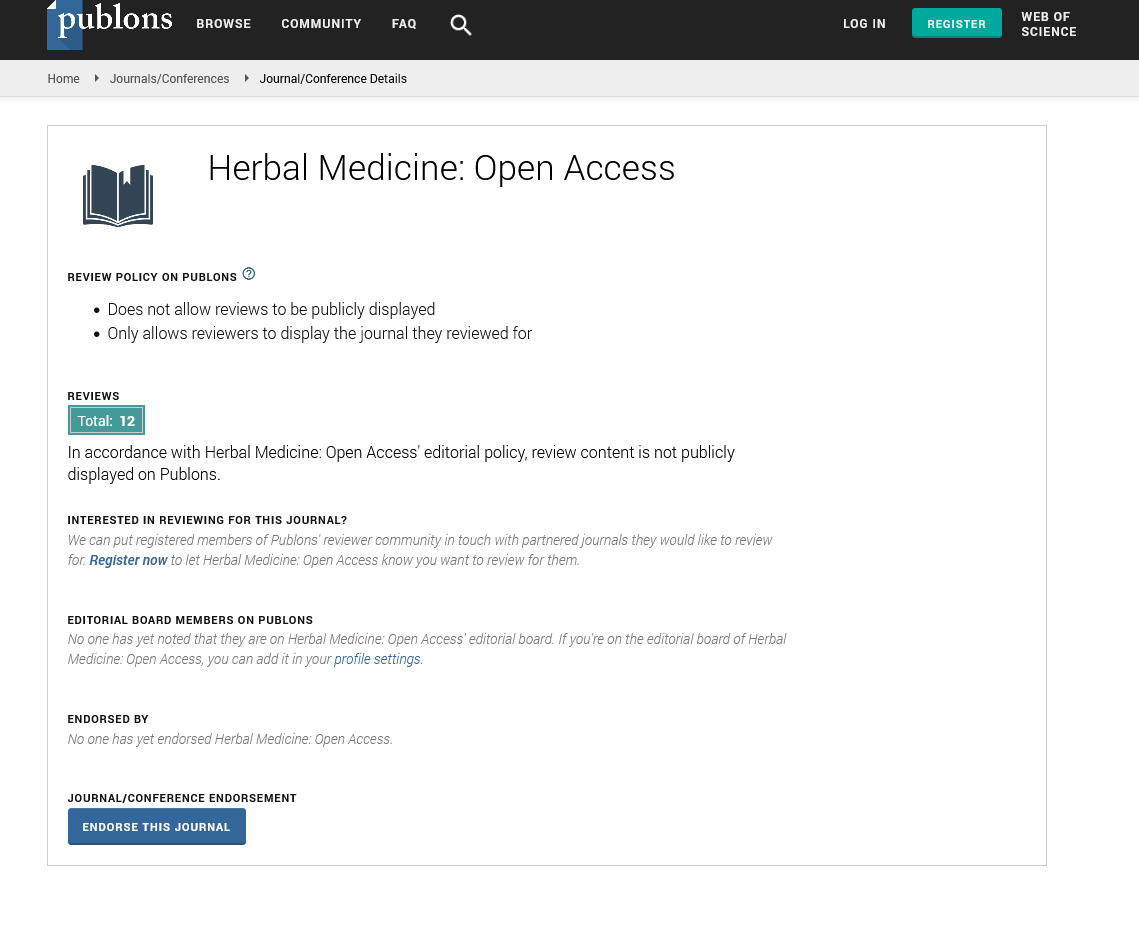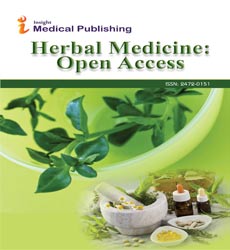Abstract
Curcumin Promotes Neuronal Health
In this Asian diet comprises of several spices which contain medicinal properties that may be useful for a healthy life and wellness of the individual. Use of natural ingredients such as curcumin, which is an ingredient found in turmeric, shows promises in therapy of different chronic diseases. Curcumin is widely used as a spice, food additive as well as rejuvenator of skin lesions in India and other Asian countries. Curcumin is known to produce therapeutic benefit in cancer, inflammatory diseases etc. The mechanism by which curcumin can reduce microglial inflammation is still not understood completely. Neurodegenerative diseases are caused by different factors including neuroinflammation. The cellular mediators which trigger the inflammation are primarily secreted by the microglial cells (the supporting cells of neuron). Acute inflammation could promote immunologic responses and protect any cellular damage. A prolonged chronic inflammatory response could be damaging to the cells and are characterized by continuous secretion of mediator molecules such as inflammatory interleukins and cytokines by genetic regulation. Different chemical interventions are applied to regulate such scenario to regulate cellular damage, but with limited success in promoting neural health. This review is trying to summarize the novel mechanism of curcumin in promoting neural health in neurodegenerative diseases by diminishing inflammatory reactions.
Author(s):
Annyasha Mukherjee*1, Debarshi Roy2
Abstract | Full-Text | PDF
Share this

Google scholar citation report
Citations : 271
Herbal Medicine: Open Access received 271 citations as per google scholar report
Herbal Medicine: Open Access peer review process verified at publons
Abstracted/Indexed in
- Google Scholar
- JournalTOCs
- China National Knowledge Infrastructure (CNKI)
- Directory of Research Journal Indexing (DRJI)
- WorldCat
- Publons
- Secret Search Engine Labs
- Zenodo
Open Access Journals
- Aquaculture & Veterinary Science
- Chemistry & Chemical Sciences
- Clinical Sciences
- Engineering
- General Science
- Genetics & Molecular Biology
- Health Care & Nursing
- Immunology & Microbiology
- Materials Science
- Mathematics & Physics
- Medical Sciences
- Neurology & Psychiatry
- Oncology & Cancer Science
- Pharmaceutical Sciences


